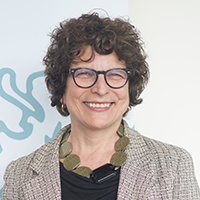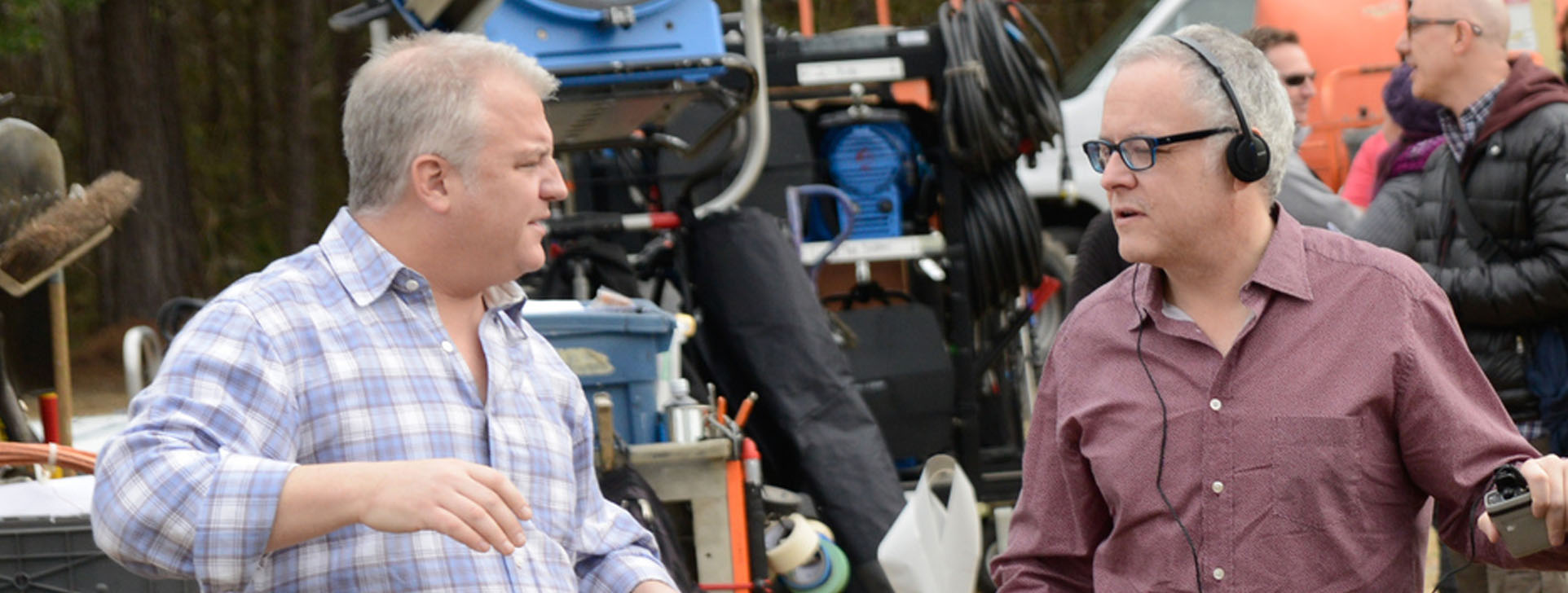Associate Professor of Medicine and Lecturer in Global Health and Social Medicine

Faculty Perspective
by Christina Lively
C Lively: You are a physician and also a writer. Please tell us more about what led you to write your book, Letter to a Young Female Physician.
S Koven: My book kind of snuck up on me. I was working on a very different book when I published an essay, “Letter to a Young Female Physician,” in The New England Journal of Medicine. The response to that essay, especially from women in medicine but also from men and from readers not in medicine inspired me to write a series of personal essays about being a doctor, a woman, a mother, and a daughter. The Media and Medicine program is based on the principle that individual stories are the best means to convey ideas that resonate widely. I hope my book exemplifies this principle.
C Lively: Please tell us more about your creative process in writing: what inspires you to take an idea or situation and write about it? How you go about forming those into the finished work? (writing from an outline, free writing).
S Koven: Everything I’ve ever written starts the same way: something happens that surprises me and leaves me with a question. Then I write to better understand what puzzles me. These moments of perplexity can be very small. For example, I have an essay coming out soon about mentorship. Its origins lay in a discussion that occurred in the monthly reading group I facilitate at Mass General. We were talking about a novel that features a mentor-mentee relationship and I asked the group “What is a mentor?” We realized that mentorship is hard define precisely. I started thinking about my own experience of being mentored and the essay grew from there.
C Lively: The Media and Medicine Certificate program launched in 2019 and this year we are preparing to welcome the 6th cohort of students.
What first sparked the idea for the Media and Medicine program?
S Koven: My co-director, Neal Baer, is a physician who has spent most of his career in film and television. He had the idea that teaching storytelling techniques to advance public health would be valuable to many including clinicians, journalists, and health advocates. As a practicing physician and writer I was—and remain—entirely on board with this idea!
C Lively: What so you enjoy most about teaching in the program?
S Koven: Neal and I and the rest of the faculty learn so much from the participants in this program. They range widely in age and come from all over the world with diverse talents and perspectives. The quality and variety of projects they pursue is astonishing and inspiring. What they have in common is tremendous energy and idealism. Plus, the feeling of community we are able to create virtually allows collaboration among participants to thrive. Observing these collaborations has been a great joy.
C Lively: What are some highlights of the program that participants can look forward to?
S Koven: The guest faculty presentations during the first week of the program are incredible. Award winning journalists, artists, scientists, and others are so generous with their time and attention. Neal and I and the mentor assigned to each participant offer plenty of opportunities for one-on-one feedback, coaching, and networking. Our mission is simple: to help each participant identify their goals and achieve them.
C Lively: Thinking back over the past iterations of the course, are there any moments that stand out for you?
S Koven: There are so many it’s hard to name just one but I’d have to say that the two days when we reconvene and students present their projects make me feel deeply moved and hopeful. This is a program for people who want to use storytelling to make the world healthier and more just—and they do.
C Lively: What advice do you have for someone who is considering the program?
S Koven: If you have a passion for health and storytelling in any form, join us! Don’t worry about whether your idea for a project is fully formed yet. Neal and I, our faculty, and your classmates will help you fulfill your dream of improving the lives of others through storytelling.
This interview has been edited and condensed.
Learn more about the Media and Medicine: How to Tell Stories That Make a Difference program.

